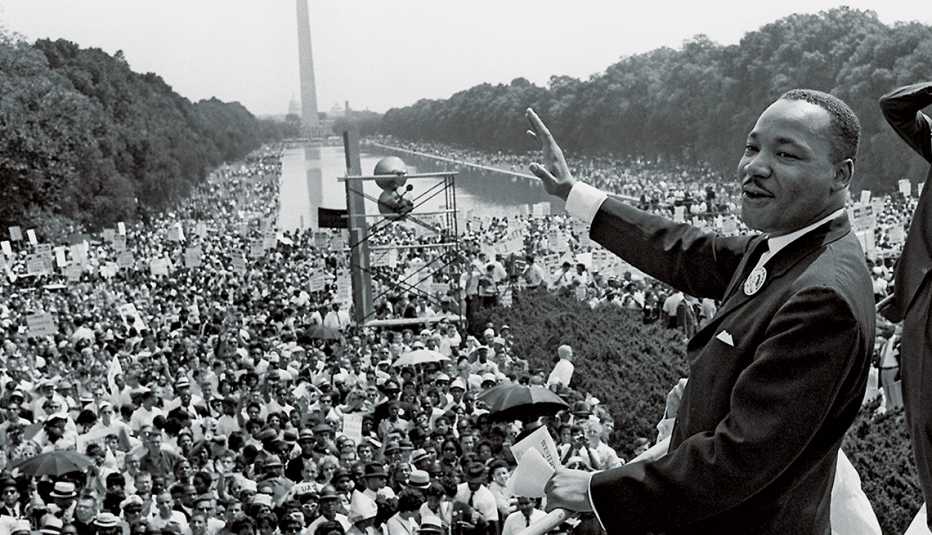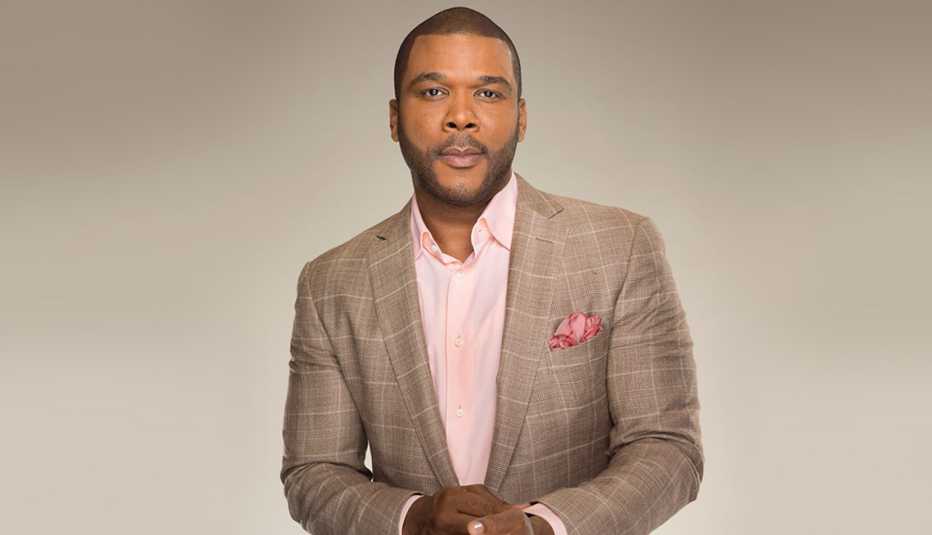Staying Fit


I have vivid memories from my childhood of my great-grandfather Papa Rod, who was the son of slaves, resting on his bed under a pile of my Aunt Mae’s handmade quilts in the living room of her rural Louisiana home. Above him, nailed to the cracked wall, were three ceramic plates with images of our family’s heroes: John F. Kennedy, Robert F. Kennedy and Dr. Martin Luther King Jr. One morning I remember pointing to the MLK plate and asking Mamma: “Who is he? Who is that man?” With tears in her eyes and a voice of solemn reverence, she told me: “Son, that’s Martin Luther King Jr. He was a very special man.” I recall my mother was still so overcome with grief over Dr. King’s tragic death a few years earlier that she had a hard time speaking more than a sentence or two about him before choking up.
After I started school, I learned more about this great man’s contributions. I was taught that he inspired people to believe in their dreams of freedom and achievement, and to know that equality is everyone’s human right. I also learned that he stood for nonviolent strength. Since I was growing up in a home full of emotional and physical brutality, it fascinated me to think that someone could actually change the world without using violence.


AARP Membership— $12 for your first year when you sign up for Automatic Renewal
Get instant access to members-only products and hundreds of discounts, a free second membership, and a subscription to AARP the Magazine.
Those lessons went deep. When I was in my early 20s, I moved to Atlanta. Often, I would find myself driving up and down a street called Paces Ferry Road and dreaming of owning a home on it. Paces Ferry was dotted with regal mansions, enormous oak trees and elaborately landscaped gardens. It’s still the Beverly Hills of Atlanta, but back then the neighborhood was a long way from the life I was leading, both literally and figuratively. During that dismal time, there were nights when I was homeless and broke, and had to sleep in my car. Yet no matter how tough life was then, I would tell myself, One day I’ll do well enough to live here. I would dream … and dream … and dream.
There were some who tried to stop me from dreaming. But throughout my life, Martin Luther King Jr.’s example stood on the side of inspiration. His commitment to equality, kindness and love remained a powerful lesson for me.


Over a decade later, I returned to Paces Ferry Road. In 2005, when I was looking to purchase a piece of property, a real estate agent brought me up to a rusty iron gate. The house was so far off the road, and so covered with wildly overgrown trees and twisted shrubbery, that I couldn’t see the structure. She asked if I wanted to walk through the gate and check it out. My first reaction was, “No. It just doesn’t feel right.” It wasn’t the dilapidation that put me off; it was more like a sensation that I wasn’t welcome. But a few days later, after overcoming my initial response, I decided to buy the place. I had a plan to tear it down and build a new house.

































































More From AARP
Unique MLK Memorials Across the U.S.
Sculptures and monuments honor the civil rights iconFemale Aviation Pioneer Fought for Pilots of Color
Janet Bragg was the first African American woman to earn a commercial pilot's license